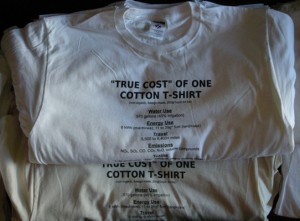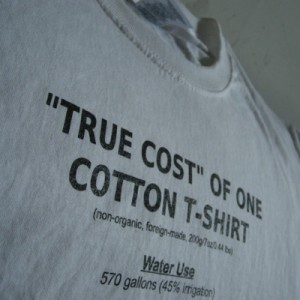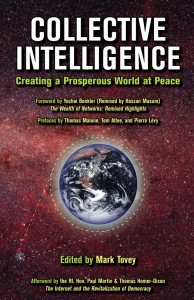Poverty was considered the #1 threat to humanity's planetary security by the “High-level Panel on Threats, Challenges and Change” organized by the SG of the United Nations in 2004.
Dichotomies reside within organizations. And the United Nations seems to be at odds over what is more important, poverty or “‘climate change”. And recently expressed at the “State of the Planet 2010” event in NYC, even linking the two. Who is going to say face-to-face with those in poverty not to cut trees or burn coal to cook or heat because they should lower their ‘carbon footprint' because that will “save the planet”? (Side issue: Solar LED lighting, solar battery chargers, water filters, etc have been developed for the ‘rural poor').
USAID, Wartime, & Dead Aid:
- USAID's Famine Early Warning Systems Network (FEWS Net)
- Interesting wartime security connection between Kroll Iraq security Pax Mondial & former USAID director James Stephenson (Intel Online issue #609)
Jeffrey Sachs' had closing remarks at the “State of the Planet 2010” event on March 25, stating that those who claim that aid is not helping Africa are saying “absolute nonsense!” (in an almost angry tone) was interesting despite not going into detail. I'm curious what American organizations who are focused on foreign aid have to say about aid for Americans who are homeless/malnourished, etc. Can't domestic and foreign aid groups network, learn from each other, and developed new ideas? (one example).
Examples of opposition to Jeffrey Sachs' nonsense statement:
- George Ayittey on African “Dead Aid”
- Video talk by African journalist Andrew Mwenda on *creating wealth* instead of “reducing poverty” (mentions Bono & Jeffrey Sachs)
If seemingly great opportunities such as the March 25 “State of the Planet 2010” event fall short in generating ‘public intelligence' and ideas to resolve global challenges, then we must look elsewhere. Bono and Jeffrey Sachs are limited while ambitious. This creates a lot of attention, funding, and publicity, but is not wholly effective/is not an answer to the world's problems. It's more of a stimulant to come up with better frameworks that involve more people that desire to network empathy, intelligence, and resources. That, more than traditional ideas on “leadership” herding people towards a promise land will do more good.
Related:
- EVENT REPORT: State of the Planet 2010 (NYC)
- Ushahidi-based Columbia Univ malnutrition surveillance SMS project
- Paul Polak talk on his book “Out of Poverty” and why we have failed at poverty (he shows a three dollar drip irrigation system that waters 250 sq feet, and mentions a new fifty dollar water kiosk design being tested). Visit his International Dev Enterprises
- Fortune at the Bottom of the Pyramid: Eradicating Poverty Through Profit







